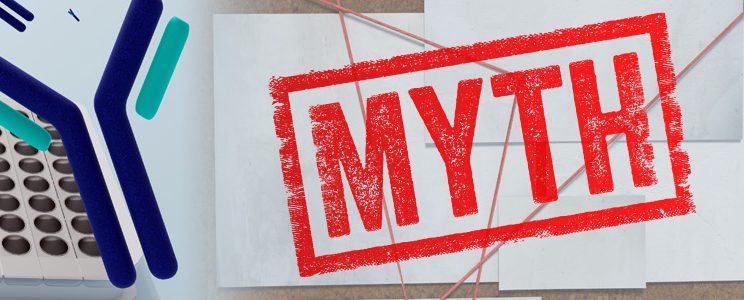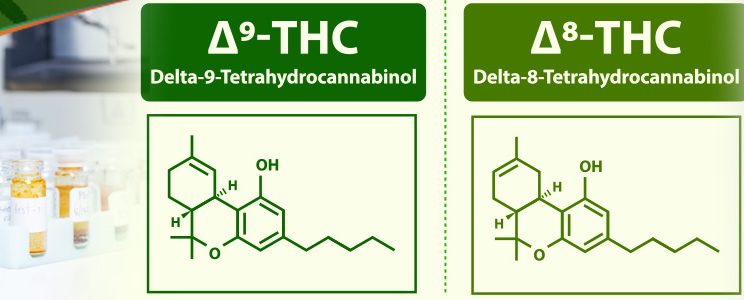← Back to Just Science Podcast
Original Release Date: April 3, 2020
In episode three of our 2020 NIJ R&D season, Just Science interviews Dr. Carl Wolf from the Medical College of Virginia Hospitals about 40 plus ways NOT to analyze beverages for cannibinoids. From professional student, to a leading researcher in the analysis of cannabinoids, Dr. Wolf has been involved in academia for decades. In that time, he has consulted and lectured on toxicology, given expert testimony, contributed to over 100 presentations and peer-reviewed publications, and worked on multiple NIJ-funded grants. Tune in as he talks about academia, analyzing beverages for cannabinioids, and the value of failure in this episode of Just Science.
This episode of Just Science is funded by the National Institute of Justice’s Forensic Technology Center of Excellence [Award 2016-MU-BX-K110].
View or download the episode transcript here:
Transcript
Related Resources
Guest Biography
Dr. Carl Wolf received his BS in Chemistry from Gannon University, Erie, Pennsylvania in 1986, where he received the CRC Press’ Outstanding Freshman Chemist Award. Dr. Wolf received his MS in Criminal Justice, with a Forensic Science option from Virginia Commonwealth University in 1994, and received his Ph.D. in Pathology, with a focus on Forensic Toxicology from the Medical College of Virginia Campus at Virginia Commonwealth University in 2005. Dr. Wolf has been employed at Medical College of Virginia Hospitals since 1987 in various roles in the Clinical and Forensic Toxicology Laboratories. Dr. Wolf regularly consults and/or lectures on toxicology and drug testing issues. Dr. Wolf has given expert testimony in several jurisdictions in the Commonwealth of Virginia and the State of North Carolina. Dr. Wolf has contributed to over 100 presentations and peer-reviewed publications. Dr. Wolf is a full member of the Society of Forensic Toxicologists. Dr. Wolf is a Fellow of the American Board of Forensic Toxicologists (ABFT), and has been certified by ABFT since 2001. Dr. Wolf was a member of the group that received the 2007 Educational Innovation Award from the School of Medicine at the Medical College of Virginia Campus of Virginia Commonwealth University for their work on developing and maintaining an on-line continuing education program for chronic non-malignant pain management curriculum. In 2017, Dr. Wolf received a grant from the National Institute of Justice (NIJ) to study the matrix effects that liver tissue has on the analysis of opiates using ten different sample preparation techniques.
The opinions, findings, and conclusions or recommendations expressed in this podcast episode are those of the presenter(s) and do not necessarily reflect those of the U.S. Department of Justice.
Contact us at ForensicCOE@rti.org with any questions and subscribe to our newsletter for notifications.




